Burundian Foreign Minister Albert Shingiro has said his country is grappling with crises linked to climate change, leading to internal displacement and humanitarian challenges. Shingiro made this statement during the presentation of the 46th Ordinary Session of the African Union Council of Ministers in the Ethiopian capital Addis Ababa, underlining the urgent need for solidarity and cooperation among African states to address the root causes of humanitarian crises, including climate change.
“Burundi is facing challenges of internal displacement due to climate change. We have learned that solidarity and cooperation between states are essential to providing sustainable solutions to humanitarian issues,” Shingiro said in a statement earlier on Thursday. He emphasized that climate change spares no one and urged collective action to tackle its impacts.
Burundi is currently facing a multitude of climate-related challenges, particularly in regions prone to extreme weather events. Torrential rains, floods, and strong winds have left affected communities in distress, compounding their already low standard of living. In the southern regions along the shores of Lake Tanganyika, flood victims from Gatumba and Rumonge are crammed into temporary camps such as Mutambara Village III and Matyazo, struggling with crumbling shelters, lack of privacy, and extreme poverty.
According to the International Organization for Migration (IOM), climate shocks have severely impacted Burundi over the past years. Since 2018, sudden weather events, including heavy rains, floods, and strong winds, have affected 1,016,849 people, with 196,171 individuals displaced. Between January 2018 and December 2024, the provinces most impacted were Kirundo (179,435 people), Bujumbura Rural (171,359 people), and Ngozi (167,135 people). In addition to the human toll, these climate disasters destroyed 85,592 houses, 781 classrooms, and 640 other infrastructures, and damaged crop fields affecting approximately 112,664 households.
More recently, between January 19 and 25, 2025, the U.N. migration agency recorded 19,505 people affected by hail, heavy rains, and strong winds across the provinces of Ngozi, Mwaro, Makamba, Karusi, Muyinga, Gitega, Ruyigi, and Rutana, with 141 people displaced.
Shingiro’s remarks came as African Foreign Ministers and decision-makers convene at the 46th Ordinary Session of the AU Executive Council to deliberate on crucial legal instruments aimed at fostering a more inclusive, resilient, and digitally connected Africa under Agenda 2063. These instruments include the Draft African Union Convention on Ending Violence Against Women and Girls, the Draft Statute of the Africa Food Safety Agency (AFSA), the Draft Statute of the African Civilian Capacity Mechanism for Disaster Preparedness and Response, and Draft Annexes to the Protocol for the African Continental Free Trade Area (AfCFTA) on Digital Trade.

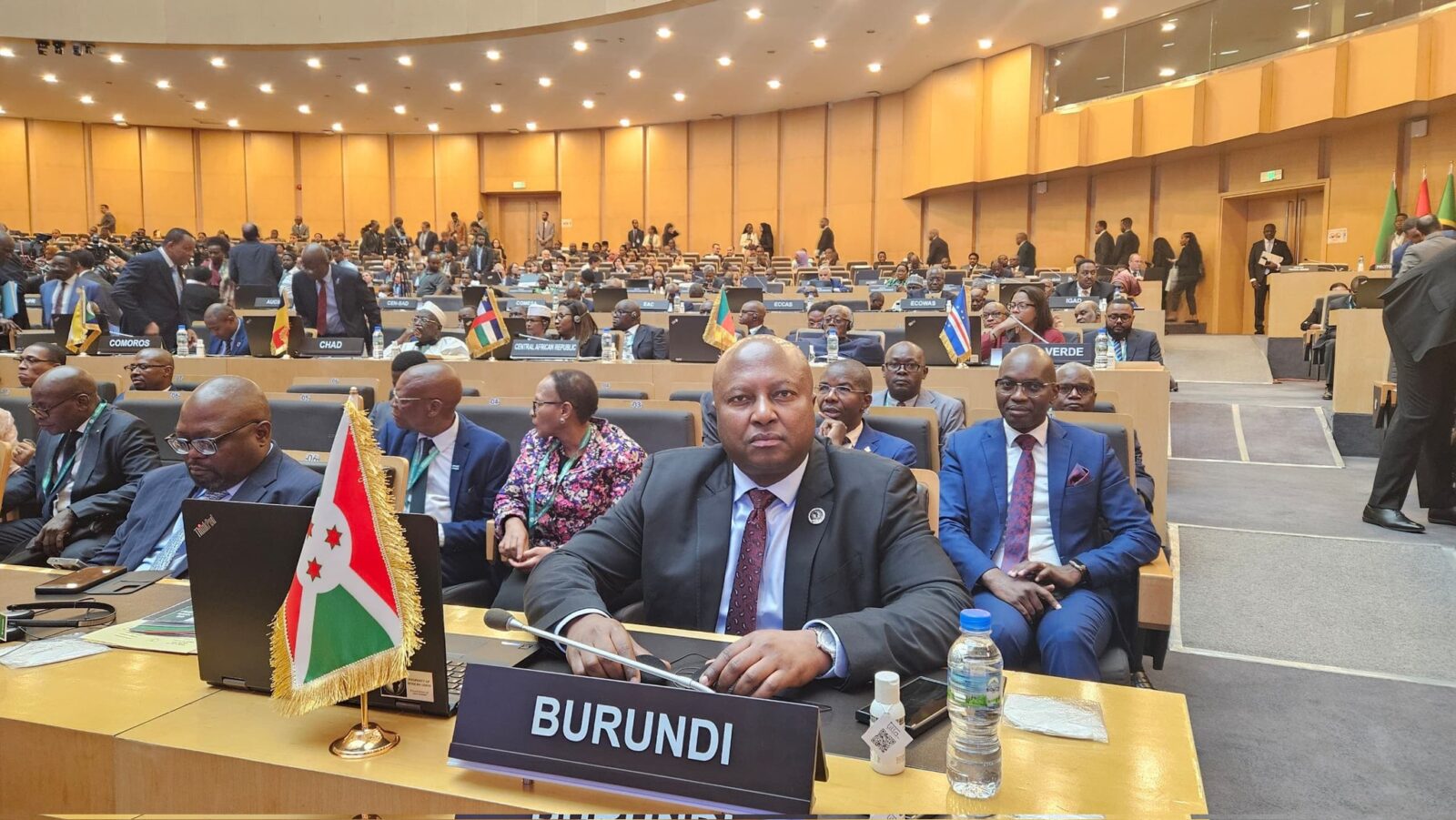

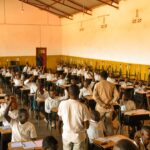
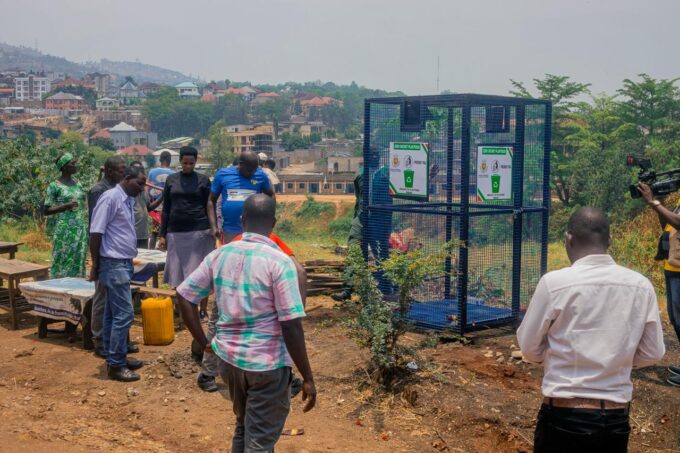
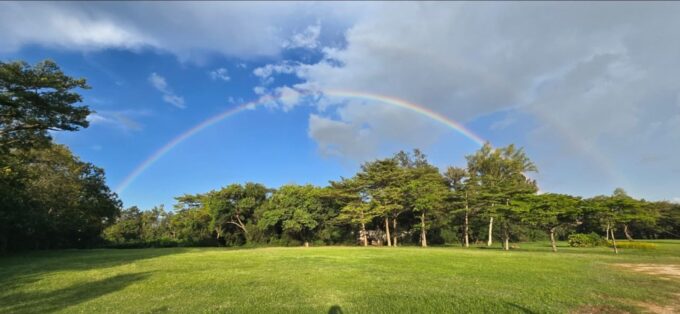
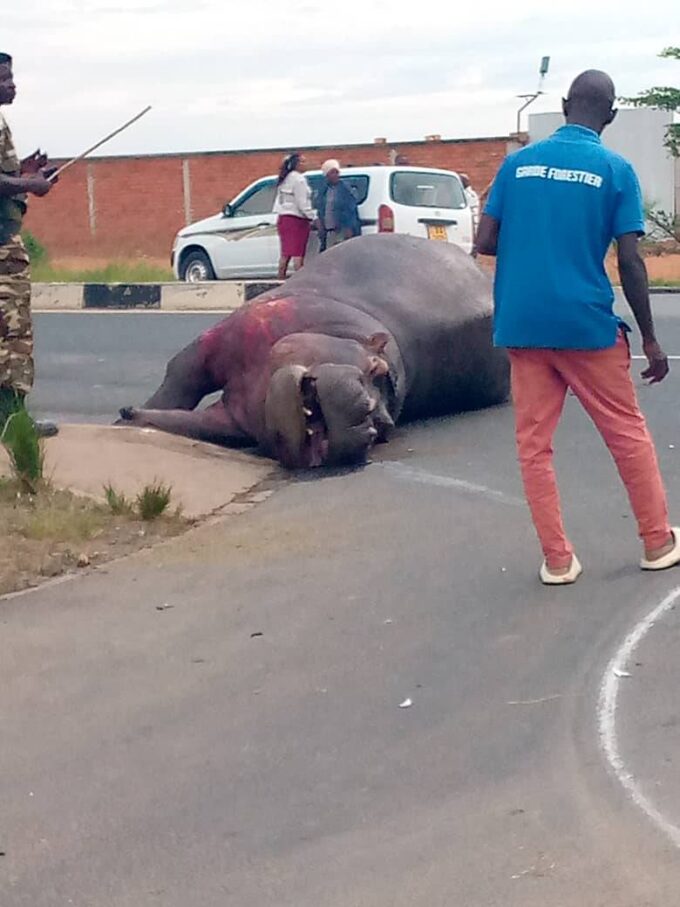
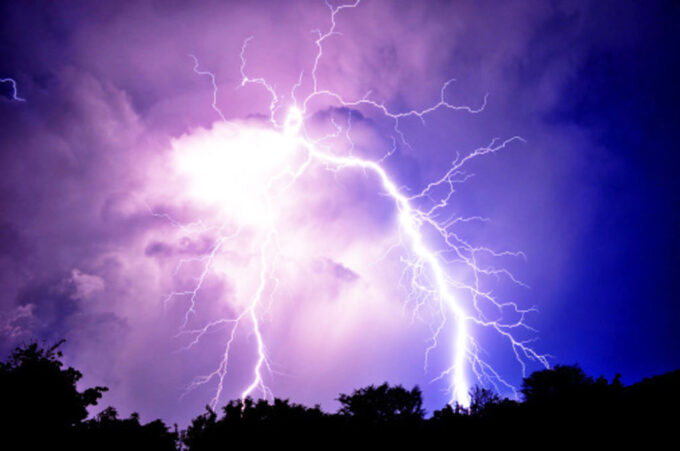
Leave a comment